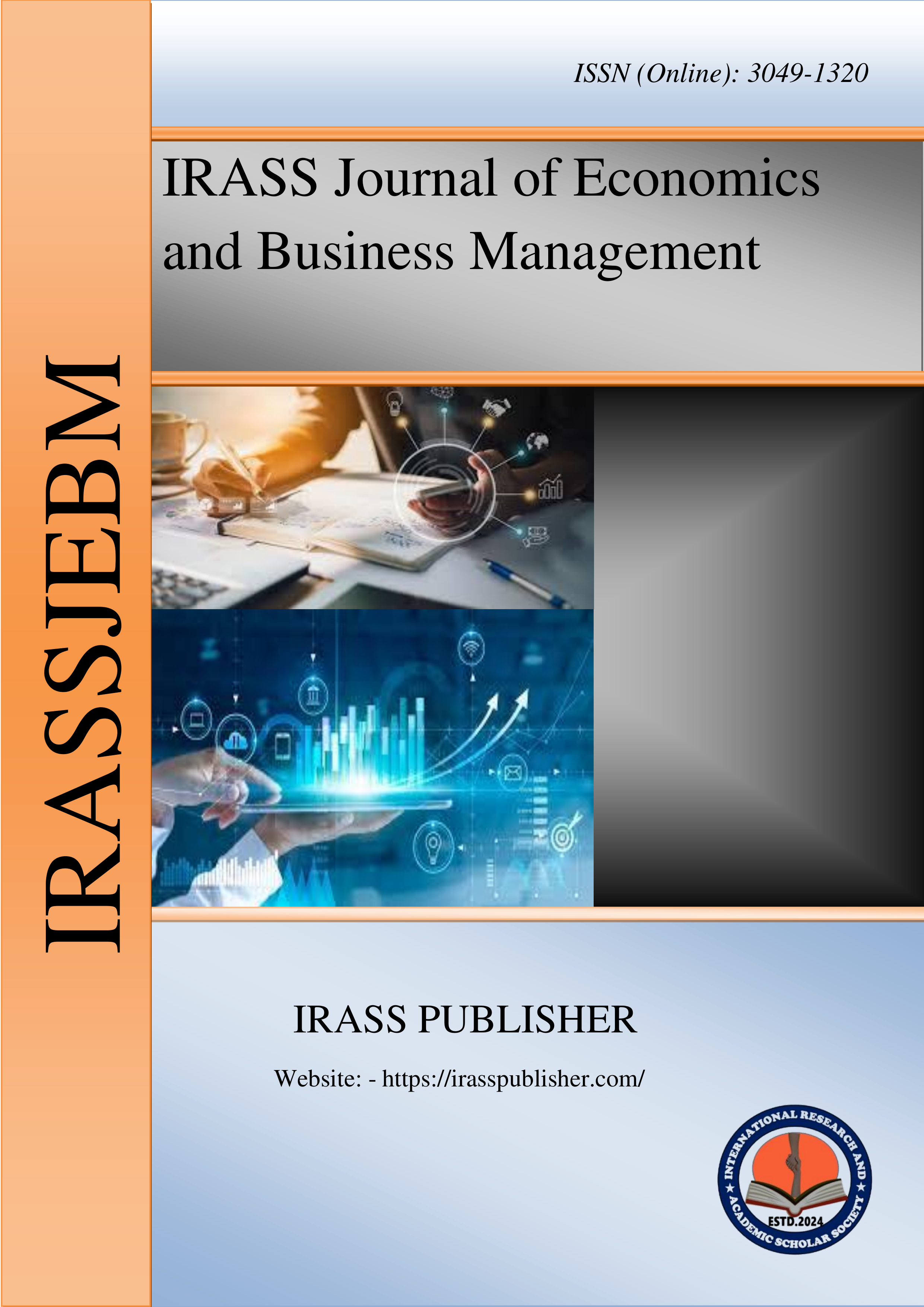NEW TAX REFORMS 2025: YOU EARN, SPEND, BUY, SELL AND PAY ON GOODS AND SERVICES ALREADY TAXED; A COMPREHENSIVE ANALYSIS
Sr No:
Page No:
10-24
Language:
English
Authors:
MAKAR, TERHEMBA DAVID , Dr Tyodzer Patrick PILLAH* , Dr Roseline I Ayeh
Received:
2025-04-20
Accepted:
2025-05-05
Published Date:
2025-05-08
GoogleScholar:
Click here
Abstract:
The 2025 Nigerian Tax Reform Bill, recently passed by the National Assembly and
awaiting executive assent, seeks to modernize Nigeria's tax system by harmonizing tax laws,
improving compliance mechanisms, and enhancing revenue generation. The bill comprises four
key legislative initiatives: the Nigeria Tax Administration Bill (2024), the Nigeria Revenue
Service Establishment Bill (2024), and the Joint Revenue Board Establishment Bill (2024).
These legislative measures are designed to expand the tax base, streamline tax administration,
and create sustainable revenue streams for national development while promoting economic
efficiency and fairness.
This study critically examines the structure, scope, and implications of the tax reform
bills, focusing on their impact on individuals, corporate entities, and both national and subnational governments. Key concerns include the timing of implementation amid economic
challenges, the regressivity of Value-Added Tax (VAT) increases, potential regional disparities,
limited redistributive provisions, and the disproportionate impact on Small and Medium-sized
Enterprises (SMEs). Employing a qualitative research approach, the study draws on secondary
data sources, including government reports, academic literature, and international case studies,
to evaluate the reforms' effectiveness and their alignment with global best practices.
Findings indicate that while the tax reforms have the potential to enhance revenue
mobilization, strengthen institutional efficiency, and support economic diversification, they also
present significant risks such as higher costs of living, reduced business profitability,
compliance burdens—particularly for informal sector participants—and the risk of exacerbating
economic inequality. To address these challenges and optimize the benefits of the reforms, this
study recommends a Harmonizing Federal, State, and Local Taxation, Strategic Tax Incentives,
Digitalization of Tax Administration, Improved Public Service Delivery and Equitable Revenue
Allocation. These strategies are essential for ensuring that the tax reforms contribute to
sustainable economic growth, fiscal stability, and a more inclusive tax system in Nigeria.
Keywords:
Nigerian Tax Reform Bill 2025, Multiple taxation, tax administration, revenue generation, VAT, SMEs, economic growth, fiscal policy, compliance, digital taxation.
Journal: IRASS Journal of Economics and Business Management
ISSN(Online): 3049-1320
Publisher: IRASS Publisher
Frequency:
Monthly
Language:
English

